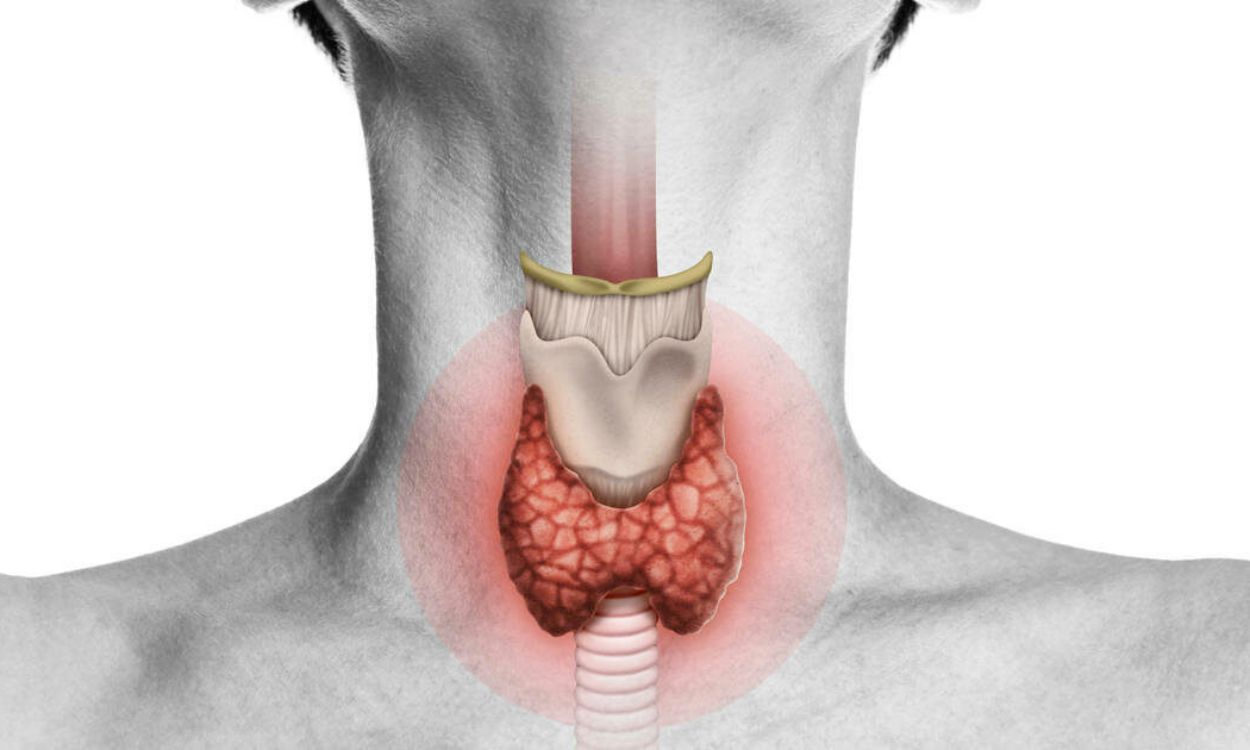Unlocking the Connection: How Thyroid Dysfunction Impacts Your Lipid Profile and Your Health
In the intricate dance of hormones that govern our body’s metabolism, the thyroid gland plays a pivotal role, particularly influencing lipid profiles. In India, where lifestyle diseases are on the rise, understanding this connection is essential for maintaining optimal health.
Understanding Thyroid Dysfunction
Thyroid dysfunction encompasses conditions like hypothyroidism and hyperthyroidism. The thyroid gland, located in the neck, regulates various metabolic processes by secreting hormones such as thyroxine (T4) and triiodothyronine (T3). These hormones have profound effects on lipid metabolism, primarily affecting cholesterol levels in the blood.
Hypothyroidism and Lipid Profiles
Hypothyroidism, characterized by an underactive thyroid gland, leads to decreased production of thyroid hormones. This condition is more prevalent in regions with iodine deficiency, although it can occur anywhere. When thyroid hormones are low:
– Cholesterol Synthesis Increases: The liver’s ability to remove LDL (bad cholesterol) from the bloodstream is impaired, leading to higher LDL levels.
– Reduced Lipolysis: Fat breakdown is diminished, resulting in elevated triglyceride levels.
– Increased Cardiovascular Risks: The combination of high LDL and triglycerides increases the risk of cardiovascular diseases, a significant concern in India’s growing aging population.
Hyperthyroidism and Lipid Profiles
Conversely, hyperthyroidism involves an overactive thyroid gland, producing excessive thyroid hormones. While less common, it has distinct effects:
– Decreased Cholesterol Levels: Enhanced metabolism leads to reduced LDL and total cholesterol levels.
– Potential Weight Loss and Muscle Wasting: Rapid metabolism can lead to unhealthy weight loss, impacting muscle mass and overall energy levels.
Managing Thyroid Health for Optimal Lipid Levels
For those experiencing thyroid dysfunction, managing lipid profiles involves a comprehensive approach:
1. Regular Screening: Routine blood tests to monitor thyroid and lipid levels can help in early detection and management.
2. Balanced Diet: Incorporating iodine-rich foods, such as seafood and dairy, supports thyroid function. Managing fat intake helps control cholesterol levels.
3. Medication and Lifestyle: Thyroid hormone replacements for hypothyroidism and antithyroid medications for hyperthyroidism should be complemented with a healthy lifestyle.
Achieving Health Goals with Fitpaa
At Fitpaa, we understand the complexities of managing thyroid health and its impact on lipid profiles. Our AI-driven Metabolism Management Technology offers a personalized approach to optimize your metabolism and health outcomes.
Why Fitpaa?
– Customized Metabolism Assessment: Identify your unique health needs with our comprehensive metabolism evaluation.
– **Personalized Fitpaa Capsule: Tailored health plans combining medical therapy, nutrition, and exercise.
– Real-time Guidance: Our app supports you with actionable insights, ensuring you are on track to achieve your health goals.
Empower yourself to manage your thyroid health and lipid levels effectively. Download the Fitpaa app today and embark on a journey to a healthier, more fulfilling life. Join thousands of Indians who have transformed their lives with Fitpaa’s guaranteed results. Your well-being is our mission, and with Fitpaa, nothing is impossible!
Remember, achieving optimal health is a journey. Let Fitpaa be your partner in navigating the complexities of thyroid dysfunction and lipid management while you focus on living your best life.











